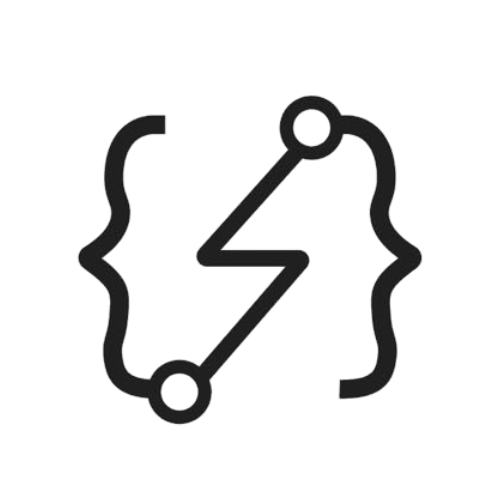Don’t Make These Mistakes As a Beginner Developer

No proper roadmap
When I first started my programming journey, one of the mistakes I made was ignoring the importance of building a strong foundation. Instead, I jumped right into learning frameworks and advanced topics without fully understanding the fundamentals.
I believed that this was the right way to increase the speed of learning. However, at some point, I found myself going back to basic topics to understand how things even work.
I realised my lack of knowledge when I started getting interviews. Once, I failed from first question to differentiate between data types and data structures and that feeling was embarrassing.
Practice plays a major role in terms of growth, but if it only aligns with the understanding of how things work behind the scenes.
🏢 Building without a strong foundation will eventually collapse.
The worst advice you can receive is to simply make the code work. Anyone can code, but producing quality code requires an understanding of how the code will execute and how resources will be utilized during execution. Trying to make something work blindly, without knowing the context, is simply useless.
I often used to find myself having to revisit the same topics repeatedly in order to fill in the gaps in my understanding. This not only wastes a lot of time but also leads to a loss of motivation. I was learning other technologies, thinking they would be faster and easier. However, this approach only made things worse, and now my knowledge is all messed up in my mind, making it difficult to remember how things used to work.
Take the time to learn the fundamentals before moving forward. This will benefit you in the long run, improving both your speed and efficiency.
Tutorial Hell
Tutorials are a good starting point for getting familiar with technologies, but they have limitations. If you’re constantly finding yourself watching tutorials without putting them into practice then you’re in the wrong way. Tutorials will fast onboard you on a specific topic but before switching to the next one try to apply what you just learned.
I used to watch tutorials like Netflix episodes and do nothing, believing that I would remember the content. However, the next day, I could barely remember what I learned and had to rewatch it again.
Go above and beyond what you have learned.
Build as many projects as you can using the knowledge you have acquired. Start with simple projects and gradually work towards more complex ones. You will have great projects that can inspire you within real work and also use them as portfolio examples which will rank you up amongst other candidates.
Trying to learn everything same time
I was learning both Django (a Python web framework) and React. These technologies are built on different foundations and structures, so it is important to dedicate a singular focus to fully understanding how each of them works.
Take your time to master one thing before moving on to the next.
As a result, I started forgetting what I had learned due to the overwhelming amount of information. This made me feel confused and demotivated, causing a loss of energy and preventing further progress.
Try to select a specific path on your developer journey and stick with it until you master that skill. There is no limitation to learning in the tech industry, but frequent context-switching will only lead to confusion and a waste of time.
Conclusion
To wrap things up, as a beginner developer, it is important to build a strong foundation by understanding the fundamentals of programming. Avoid the mistake of jumping into advanced topics without a solid understanding of the basics. Take the time to learn and practice, focusing on how things work behind the scenes. Additionally, don't get stuck in tutorial hell by merely watching tutorials without applying what you've learned. Build projects and apply your knowledge to gain practical experience. Lastly, avoid trying to learn everything at once. Master one skill before moving on to the next. This will prevent confusion and help you progress more effectively in your developer journey.

